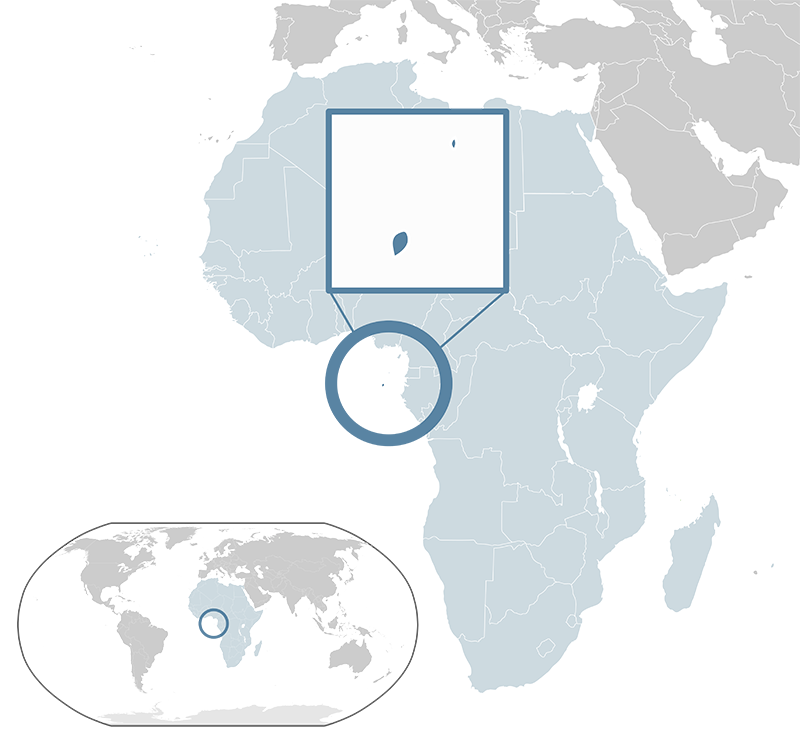
- Population:
- 236,000
- Religion:
- Christianity
Sao Tome & Principe was a Portuguese colony until gaining independence in 1975. Its economy is primarily based on agriculture, particularly cocoa production, with increasing efforts in tourism and oil exploration.
São Tomé and Príncipe, officially the Democratic Republic of São Tomé and Príncipe, is an island nation in the Gulf of Guinea, off the western equatorial coast of Central Africa. It consists of two main islands, São Tomé and Príncipe, and several smaller islets, covering a total area of approximately 964 square kilometers. The population is around 219,159 as of 2023. The capital and largest city is São Tomé. The official language is Portuguese. The country operates as a unitary semi-presidential republic. The economy is primarily based on agriculture, particularly cocoa production, along with tourism and fishing. São Tomé and Príncipe is known for its rich biodiversity, including endemic species of plants and birds, and its colonial Portuguese architecture. The country is a member of international organizations such as the United Nations, the African Union, and the Community of Portuguese Language Countries.





